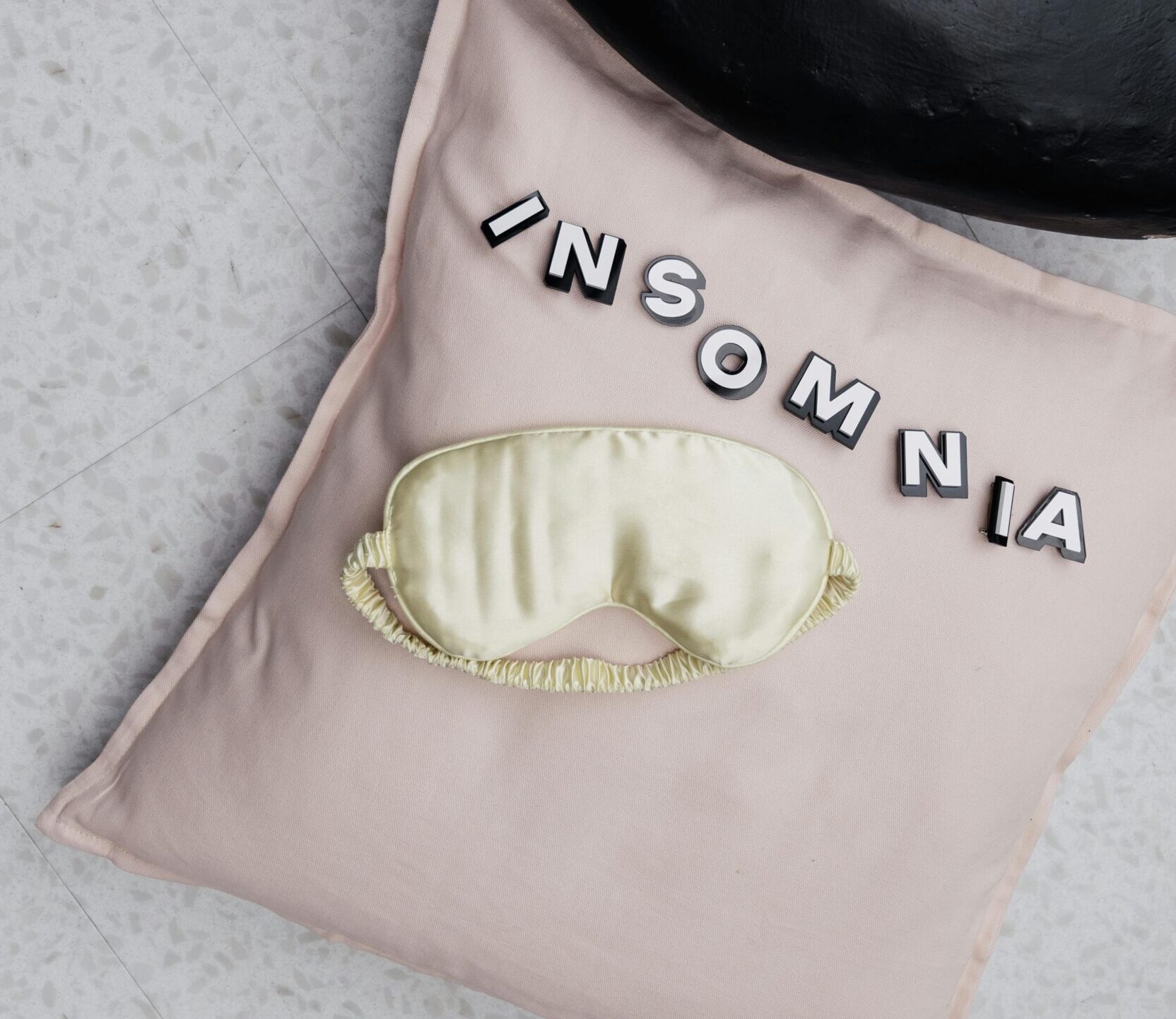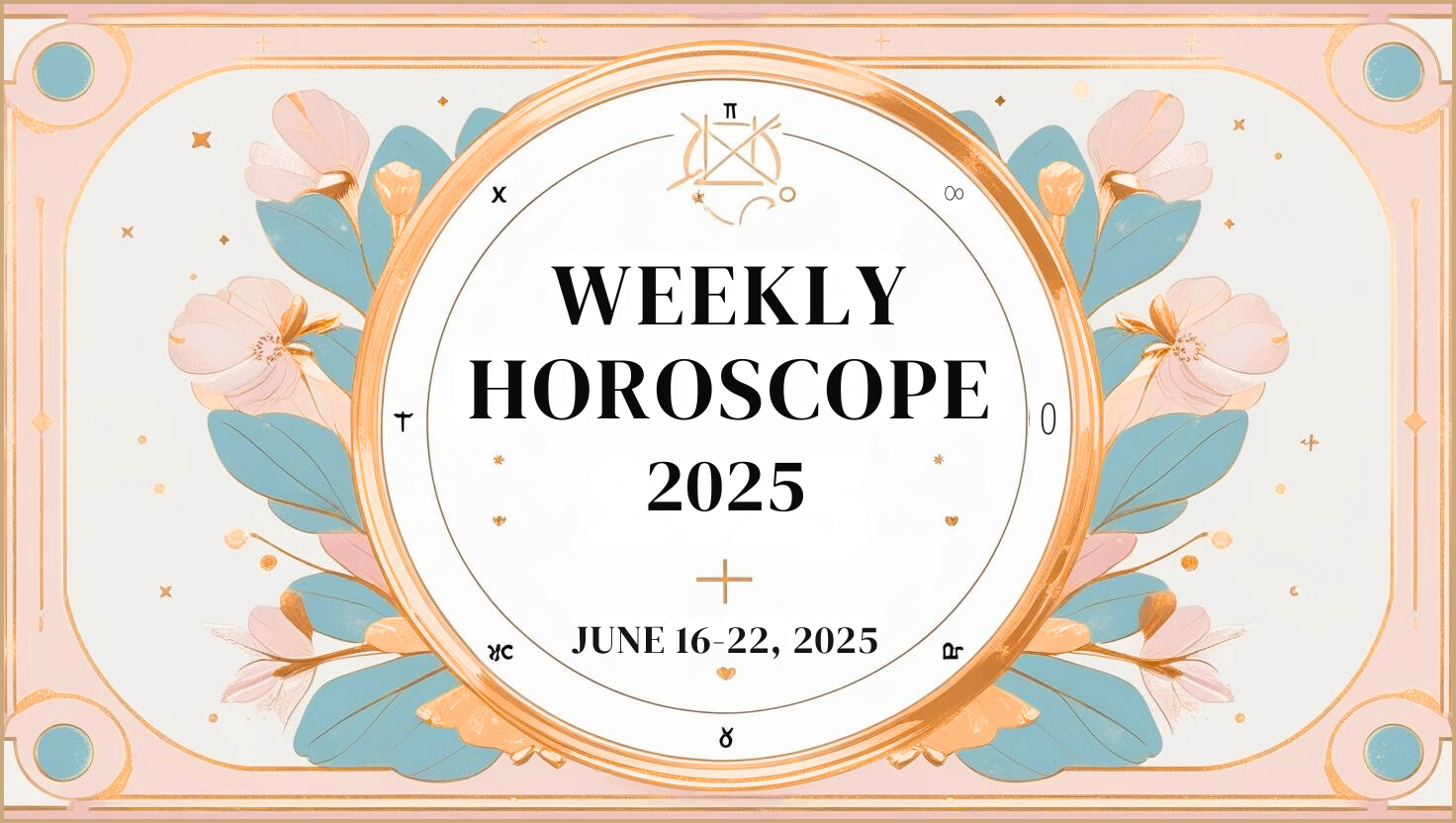Discover effective, science-backed strategies to combat sleep disruptions during menopause. Learn how to manage hot flashes, hormonal changes, and insomnia for better rest and improved well-being.
One of the less discussed yet widely experienced symptoms of menopause is sleep disruptions. Menopause usually begins in the late 40s or early 50s and brings a host of changes, primarily due to hormonal adjustments. It is not merely a biological process, but a journey that marks a significant transition in a woman’s life.
Understanding Menopause and Sleep disruptions
During menopause, the body experiences a significant drop in estrogen and progesterone levels, both of which influence sleep quality. Estrogen helps to regulate the circadian rhythm—the body’s internal clock that dictates sleep cycles—while progesterone has natural sedative properties that aid in falling and staying asleep. The reduction of these hormones lead to sleep disruptions.
Common Sleep Disruptions
- Hot Flashes: These are sudden feelings of warmth that can disrupt sleep and are one of the most common symptoms associated with menopause.
- Sleep Apnea: This condition, characterized by pauses in breathing during sleep, tends to increase during menopause, particularly if accompanied by weight gain.
- Restless Legs Syndrome (RLS): Menopause can exacerbate this condition, where one feels uncomfortable sensations in the legs accompanied by an irresistible urge to move them.
- Mood Disorders: Changes in estrogen levels can also impact serotonin, a key neurotransmitter in mood regulation, contributing to sleep disruptions.
Proactive Measures for Better Sleep
- Sleep Hygiene: Prioritizing sleep hygiene can significantly improve sleep quality. This includes maintaining a cool, dark, and quiet bedroom, establishing a regular bedtime routine, and limiting exposure to screens before bedtime.
- Diet and Exercise: Engaging in regular physical activity and eating a balanced diet can help mitigate some menopausal symptoms. Foods rich in phytoestrogens, such as soy products, may also offer some benefits.
- Stress Management: Practices like yoga, mindfulness, and meditation can be incredibly beneficial in managing menopausal symptoms, including those that affect sleep.
Advanced Interventions
- Cognitive Behavioral Therapy (CBT): Specifically tailored for insomnia, CBT helps modify behaviors and thoughts that disrupt sleep.
- Hormone Therapy: This may be considered for severe menopausal symptoms under a doctor’s supervision to potentially ease sleep disruptions.
- Medications: Non-hormonal options like gabapentin and paroxetine may also be effective for managing symptoms that impact sleep quality.
Adopt Holistic Approach
Menopause is a natural stage of life that requires a holistic approach to manage its symptoms effectively. By understanding the changes happening in your body and taking proactive steps, you can significantly improve your sleep quality and overall well-being during menopause.
Disclaimer

















